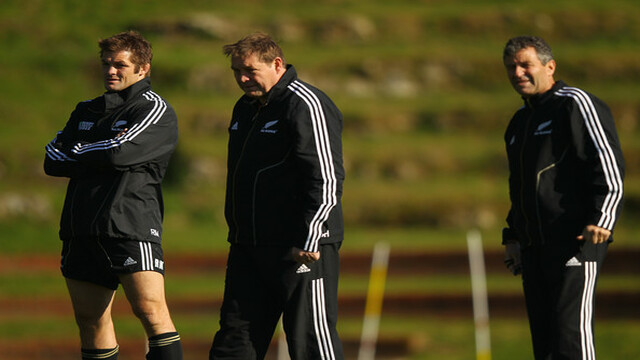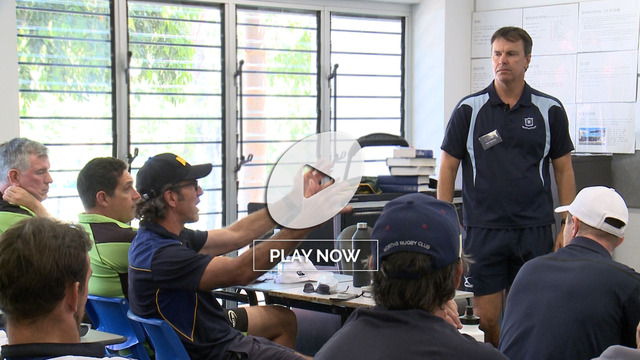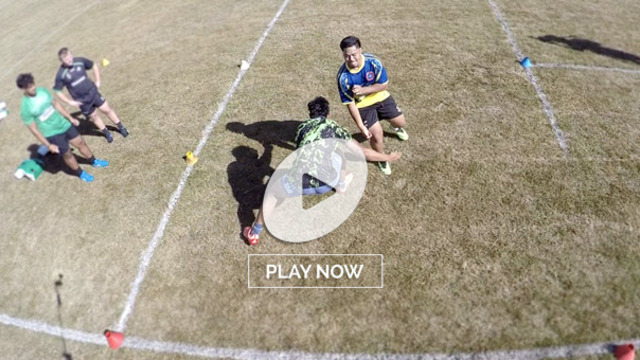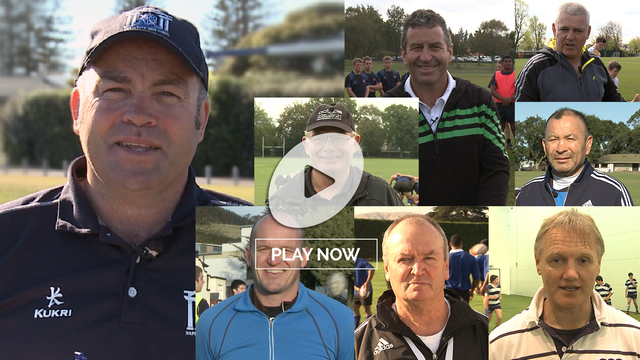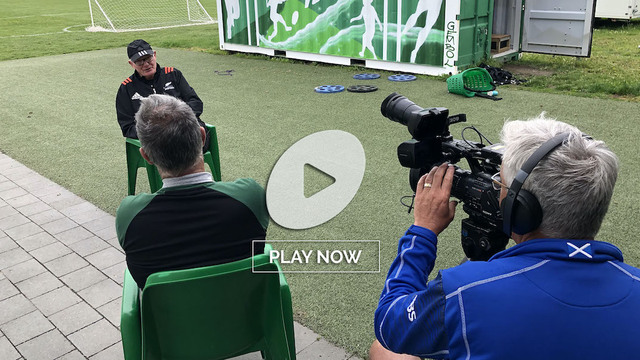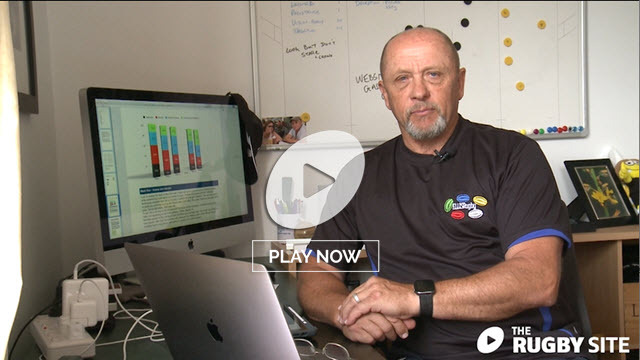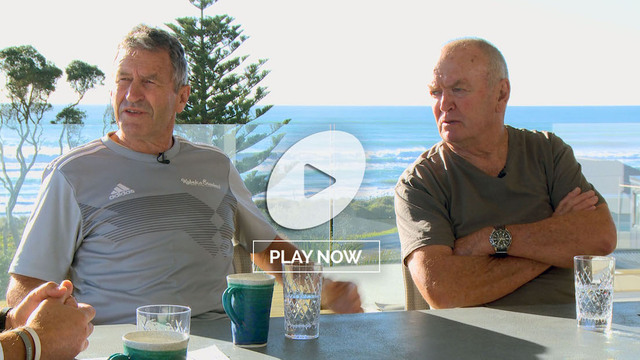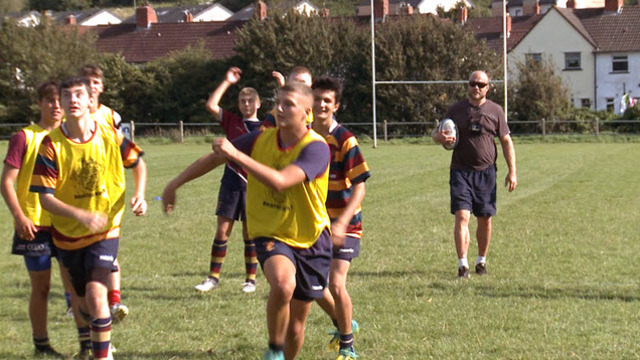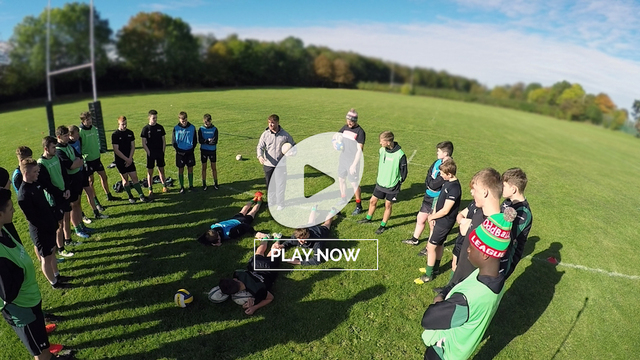Beyond the unparalleled skill levels and sheer athleticism, one of the most impressive things about the All Blacks is the fact that they are 100% mentally tuned in every game. They always ‘turn up,’ focused and motivated, meaning that those skills can be put to best use. Even in wet weather against Argentina in the Rugby Championship, Steve Hansen’s men were focused on doing their jobs.
Is that down to Hansen? The obvious answer would be yes, that he is the man in charge of motivating the players, but if we look beyond that, it is clear that a whole range of factors go into achieving the focus and mental readiness that sets the All Blacks apart. Player motivation is clearly part of the job, but if the squad aren’t willing to be motivated, then it is a thankless task.
At professional level, self-motivation is naturally crucial. These guys are paid to play rugby, and a large part of their job is ensuring they are in the right mind frame to train and play games to the best of their ability. For amateur players, ensuring self-motivation is obviously more difficult and less expected, as they may not even have the time to think about training and games outside of the actual time on the pitch.
First off, it’s important to look at what being motivated actually involves. We are aiming to achieve the state of mind that produces peak performance in each individual player. That can be a very different process for every player, but ultimately we are looking for the mental approach that best brings about energy, concentration, communication, work rate and a desire for involvement.
For many players, rage and pure adrenalin are the best driving forces. The image of players screaming at each other before games, head butting each other and saying they will die for the jersey is rather out-dated but that is not to say it should be ignored. Some players will respond well to that routine and there is certainly a time and place for it.
Listen to Richie McCaw on why it is important to keep challenging yourself.
Many professional set-ups are far more specific in their pre-match build-up, discussing the particular game and key performance indicators, rather than shouting about how they are ready to kill. Most players will have their own mental techniques and pre-match cues to work through in their own headspace. If a professional team gets to the changing room before a game and there is a lack of energy, then they are in trouble.
It does happen, though. Following his side’s disappointing performance, it was refreshingly honest of one Irish provincial coach to admit afterwards that his side simply hadn’t turned up mentally: “We just weren’t there today. It’s always a worrying sign when you walk into the changing room and there’s not a lot of noise and there’s not a lot of excitement there. It was just one of those days.”
Motivation is not exclusively vital to matches. Training sessions need excellent mental application if they are to bring about improvement and learning. If players turn up to training without the desire to work, then nothing will be achieved. At amateur levels, a lack of motivation can even result in players not actually showing up for training. It is a self-driven aspect of any sport, but for the players to keep themselves motivated there must be an encouraging environment.
Different things work for different people and groups; it’s worth reiterating that fact. Sometimes hard lessons will be learned when one approach doesn’t motivate a particular team, but that same approach could work wonders with another. It is a hugely complex element of rugby, something coaches and players alike can experiment with to find out what suits them best. Still, if we look at successful, motivated teams, there are clear links between many of them.
Clearly defined goals help players to focus on ordering their thoughts. That doesn’t necessarily have to be restricted to pre-season ambitions and aims, it may be a goal for one game or a particular block of fixtures. Players respond well when they understand and believe in the goals set for their team. Also, creating a family environment in the squad will help in that regard. Making the squad something that the players want to be a part of means they are more likely to train and play with focus.
Mixing things up in training can help too, as it keeps everyone on their toes and helps to avoid the boredom of being stuck in a rut, repeating the same training sessions in the same location week after week. Another key element is the energy transmitted through the coaches. That doesn’t necessarily mean a need to jump around the place with false vigour. Energy can be transmitted in the desire to constantly improve or by having training sessions and pre-match build-ups well planned out.
Deadlines will help the players constantly re-focus and re-motivate themselves. Looking at the season as one long block of games can be dispiriting, whereas breaking the calendar into smaller blocks makes it easier for players to mentally manage. Breaks in training and matches are also important for that re-focus process. Obviously, equipping players with individual mental techniques would also be useful, but that is another discussion for another time.
We have only touched on a handful of the aspects that go into motivating a squad and ensuring that they train and play with focus and desire. Some of the above may be irrelevant to certain squads, whereas others might be the true key. Everyone and every group is different, but planning and experimenting with various approaches can pay off in the long run.
What have you found works best for motivating your players? Is it a big issue for your squad? Is there a difference in how you motivate adults to youth players?
